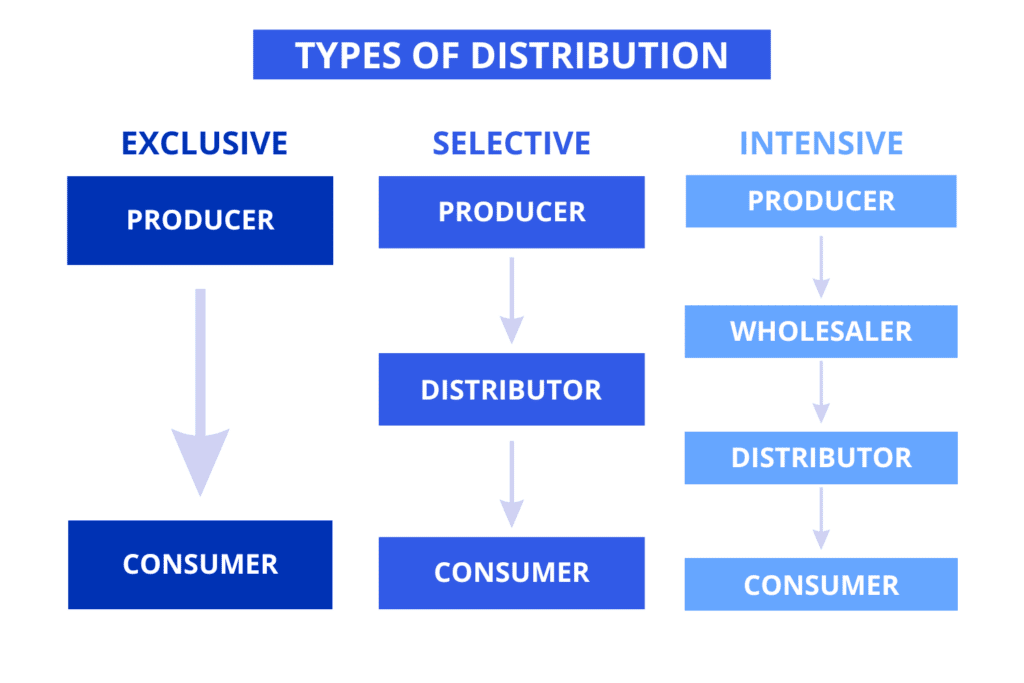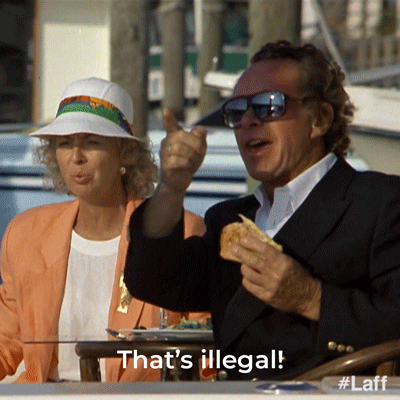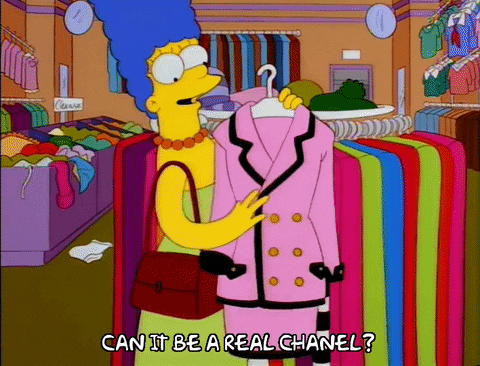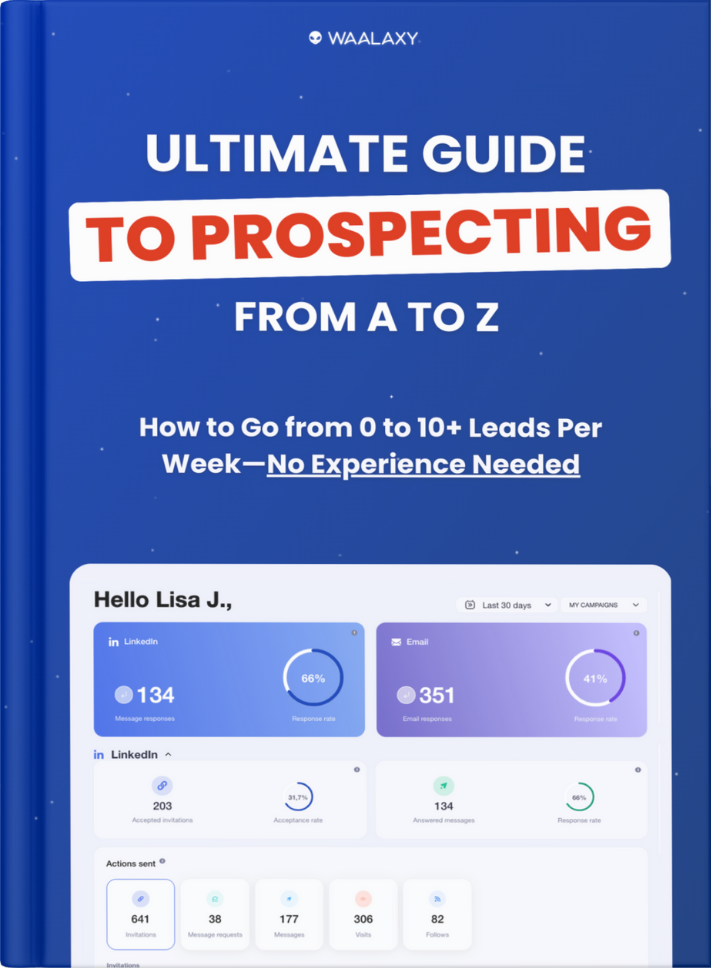The selective distribution is actually a popular marketing-mix model because it helps companies guarantee the resale quality of the products they produce . 🛠️ However, the regulations that apply are very complex.
What is the definition of selective distribution channel ? How can the conditions be met ? What’s a distribution contract ? In this article, we give you all the info to help you understand. 👌
Selective Distribution Definition
Selective distribution is a model of distribution , suppliers grant the right to sell their products or services to a limited number of “authorized” distributors or resellers . The distributors must be selected according to criteria specified by the supplier. 👀
The goal is to build a quality distribution network and especially to build a relationship of trust with suppliers . An extensive distribution network can vary in size and geographical scope . 🌎 Indeed , if you want to ensure the quality of the reseller, you can use this distribution model to sell your distribution products .
In principle , the implementation of this distribution system justifies the supplier’s decision to select a limited number of authorized distributors , and therefore assumes that the product distribution by other unauthorized distributors/wholesalers can be refused . 🚫 The latter cannot complain about the so-called “refusal to sell” on this business-model.
Second , the competition laws of the European commission apply here, as certain provisions may restrict competition in the market. 🧑 Be careful with any selective distribution strategy you implement .
👉 The selective sales or distribution model has advantages and disadvantages . Also, don’ t hesitate to contact an attorney who can help you with the administrative sales process .
Here is a small diagram to illustrate the different type of distribution. In this article, we focus in particular on Selective Distribution: ⏬

Selective Distribution Marketing Contract
What are the conditions of the distribution contract?
In principle , it is forbidden for two economic entities to agree to restrict access to the market. Such practices end up distorting free competition. 🙊 The use of this effective distribution model must be justified to maintain its quality and ensure its proper use, given the nature of the product in question.
To justify a decision to limit the number of dealers/distributors, ✍️ a product or service provider must be able to justify a list of objective, verifiable and quantifiable criteria .
However, if these standards are stipulated in a comprehensible manner , the contracting parties remain free in terms of contractual terms in the sense of freedom of contract. 🛎️ Be careful not to include in your contract abusive clauses on competition, which could lead to sanctions .
Resellers must be selected because of objective and qualitative criteria such as the range of services, the profit margin or the products offered . 🛍️ Indeed , the objective is to maintain a certain level of service in the representation of products and sales by authorized resellers .
👉 Several types of distributors can coexist within a distribution network according to criteria and commercial relationships . However, the supplier must not discriminate anti-competitively within each category of distributors .
In addition , suppliers can pursue unfair competition to strengthen the distribution selectivity of their products and to fight against the resale by unauthorized third parties . 💥

How to Draft a Contract for Selective Distributors?
The selective distribution is a contract where the supplier entrusts the exclusive distributor for marketing its products. 🥰
In addition , the contract must contain the criteria by which the supplier has selected that particular distributor. 🎯 The drafting of the sales contract provides a certain amount of security, especially in the relationship between supplier and commercial distributor.
However , drafting a selective distribution agreement can be difficult… 😬 You can use a template of the contract or contact an attorney to help you best draft the agreement.
👉 Unlike a traditional distribution contract, a selective distribution contract is an agreement authorizing a supplier to resell its products to a single distributor in a specific territory .
Selective Distribution Strategy
How to set the price of a distribution contract?
When it comes to selective distribution strategy, the topic of freedom to set resale prices is crucial. 💰
Contracts must not have the purpose or effect of restricting, even with indirect distribution, the freedom of the retailer/reseller to set its own selling prices for products. ✨
💡 For example , suppliers may not restrict authorized resellers from selling below the recommended pricing strategy .
Is it Possible to do Select Distribution on the Internet?
Currently, there are several networks of distribution, so entrepreneurs are wondering if they should sell through authorized resellers on the internet (via ecommerce) as well. 🤔
Nevertheless, if the clause in the distribution agreement meets the criteria stated above, 😯 the supplier can prohibit members of its distribution network from selling products via third-party platforms .
👉 The inclusion of such a clause in a contract of sale contract is advisable, and you may also want to consult with a distribution law attorney , 🙏 as there are some specifics to consider .
Selective Distribution Example
Indeed, selective distribution contracts can concern different economic sectors. 🤓 In the luxury goods sector, for example , perfumes, custom clothing , jewelry, etc. this distribution model is the most used .
This is explained, among other things , by the need to maintain a certain brand image. 💎 Other sectors can also turn to this sales model , this is the case of car manufacturers and “hi-tech” or computer equipment retailers .
Selective distribution thus has many organizational advantages. In addition to strengthening the collaborative aspect of business relationships , it helps maintain your branding trademark. 🤩
On the resellers ‘ side, they can get territorial exclusivity for a particular product or service . So the marketing strategy becomes clearer and the goals are easier to achieve. 🏹

Conclusion: Why do Selective Distribution?
In conclusion, the high-end positioning is compatible with a selective commercial strategy . 🧐 S elective distribution is the ideal distribution method to promote and sell high-tech, branded or luxury products .
It is also the most commonly used method in luxury houses for several reasons: 👇
- Having high criteria well-defined, you allow choosing the points of sale where you want to sell your products at as supplier. Thus, in function of your image, from other brands to which you sell to and to your target audience (or target market), you can select the location of sale that you want to sell.
- Distinguish and differentiate your products from other competing products that don’t have the same value proposition or are more common. 🤷
- Better control the business practices used to promote the reputation or e-reputation of your products and services.
- Stay competitive by having more resellers and points of sales in the marketplace. 🏪 Doing selective distribution makes its products have more competitive advantage.
👉 Finally, adopting a selective distribution strategy involves considering many businesses, financial, accounting, legal, and other aspects . ⚖️ When making decisions for your sales distribution strategies, take the time to understand the issues before deciding on your method of distribution method.
FAQ: Selective Distribution Concept
What is Selective Distribution Strategy?
The selective strategy is for a distribution network consisting of several dealers assigned to a “brick-and-mortar” point of sale. 🤑 This network is often used for high-tech or luxury products .
The purpose of these distribution tactics is to select the dealers according to pre-established criteria and to control the brand image , quality, and environment of the point of sale where the products are sold . 💯 However, the agreements must be objective, transparent, balanced and non-discriminatory .
A classic example of a selective distribution strategy is that of Galeries Lafayette (in France 🗼), which has chosen this method and sells products from many well-known brands .
What is the difference between Exclusive and Selective Distribution?
These two distribution agreements allow suppliers to set up easily controllable distribution networks to maintain a prestigious brand image . 🪙
However, in the context of the distribution exclusive, the level of control is uneven, as the products and/or services are only sold to one outlet . 🥇 As a result , there are limited opportunities for growth . However, both types of contracts can contain many clauses, such as territorial or competitive exclusivity to protect counterparties. 🤝
There you go, now you know all about selective distribution! 😘









